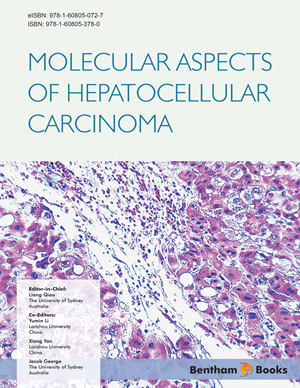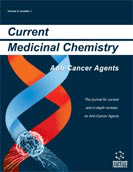Abstract
Although the exact etiology and mechanisms of hepatocellular carcinoma (HCC) are not clear, a few risk factors have been identified. Liver cirrhosis, which is defined as the histological development of regenerative nodules surrounded by fibrous bands in response to chronic liver injury, is a major risk factor for HCC. In the cirrhotic liver, normal blood flow is impaired, and the ability of the liver to detoxify exogenous carcinogens or endogenous metabolites is compromised, thus increasing the chance of carcinogenesis. Cirrhosis has a multifactorial etiology, which vary with geographic regions. In Western countries, cirrhosis is mainly the result of chronic hepatitis C infection and alcohol abuse. In contrast, in most parts of Asia and sub-Saharan Africa, hepatitis B is the leading cause of cirrhosis. Except for virus infection, there are many non-viral causes of liver cirrhosis, including but not limited to nonalcoholic steatohepatitis, autoimmune hepatitis, primary biliary cirrhosis, and hereditary diseases. In some cases, no clear etiology could be found (cryptogenic cirrhosis). However, the incidence of HCC varies greatly with etiologies and the molecular mechanisms linking cirrhosis and HCC are not well defined. In this article, the authors aim to review the evidences supporting (or against if any) the role of nor-viral causes in the development of HCC and discuss how non-virus factors promote HCC formation.
Keywords: Cirrhosis, hepatocellular carcinoma, etiology, risk factor.






















